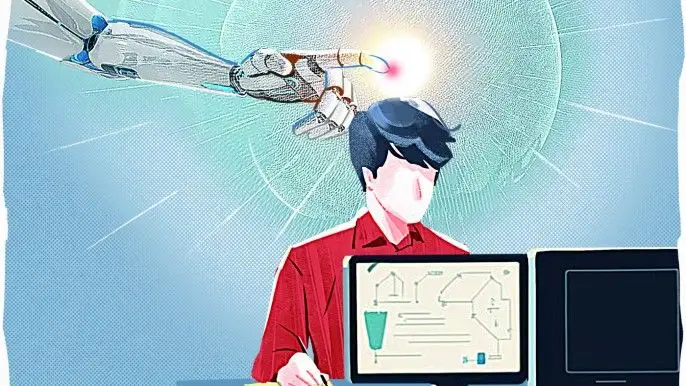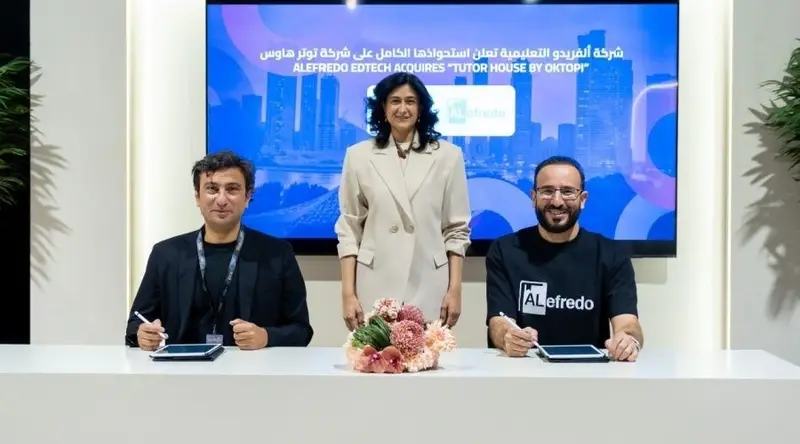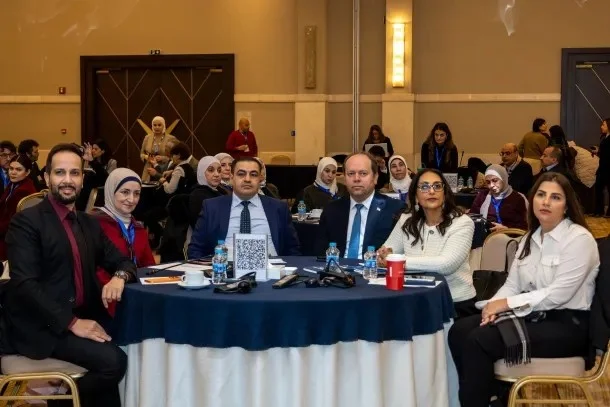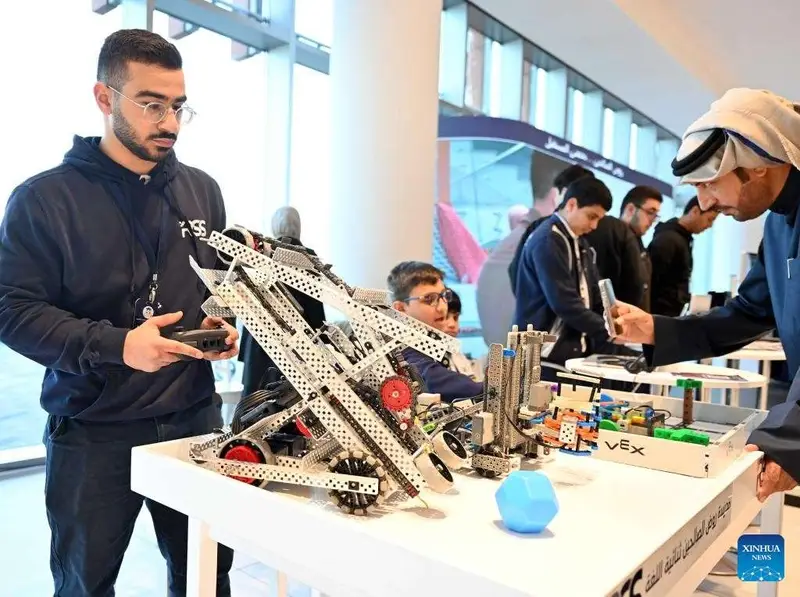Artificial Intelligence is reshaping education in Bangladesh as tools like ChatGPT make their way into classrooms. While students use AI for assignments and homework, educators are rethinking traditional teaching methods—shifting toward oral exams, in-class essays, and presentations to ensure independent thinking and critical analysis.
Schools such as Adroit International and ISD are experimenting with hybrid approaches, allowing AI use for structuring assignments but emphasizing fact-checking and critical engagement. Teachers also employ AI for lesson planning, syllabus updates, and personalised instruction, highlighting its potential to enrich the classroom experience.
Yet concerns remain. Detecting AI-generated work is difficult, raising questions about academic integrity. Educators warn against over-reliance on software detectors, instead advocating open dialogue with students to clarify their understanding. The debate reflects a broader challenge: balancing AI’s benefits in personalising learning with its risks of undermining original thought.
As Bangladesh adapts, investment in teacher training, digital infrastructure, and ethical guidelines will be key. Whether AI becomes a threat to academic honesty or a catalyst for educational reform depends on how schools guide its use in the years ahead.















